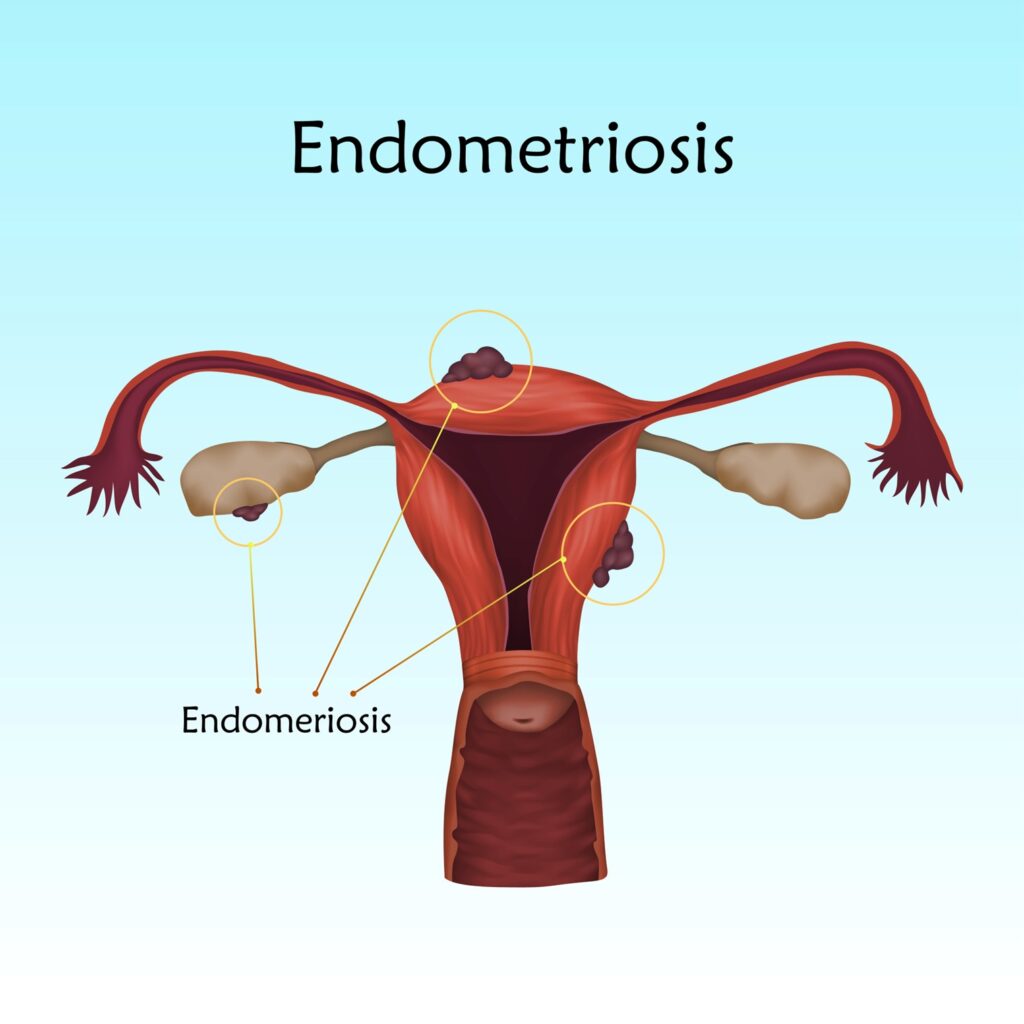

Around 1 in 8 women with a history of PID experience difficulties getting pregnant.
Pelvic inflammatory disease (PID) is an infection or inflammation in the female genital tract or the reproductive organs that help you get pregnant and have a baby.
Organs that are affected by PID include:
In most cases, PID is caused by a bacterial infection spreading from the vagina or cervix into the uterus, fallopian tubes and ovaries.
Signs and Symptoms of PID include:
PID is usually caused due to
Who’s most at risk?
You are more likely to get a PID if you:
There’s no particular test to diagnose pelvic inflammatory disease (PID). Your doctor may diagnose PID based on your symptoms and a gynecological examination.
Your doctor may ask about your sexual and medical history, followed by a pelvic examination to check for tenderness or abnormal vaginal discharge.
Tests that support a diagnosis of PID include:
Sometimes, a laparoscopy (keyhole surgery) may be used to diagnose PID.
Can PID be cured?
PID, if diagnosed early, can be treated effectively with antibiotics. However, treatment may not reverse any damage that has already happened to your reproductive system.
Taking antibiotics help reduce the symptoms before the infection is completely cured. Make sure you finish your course of medications even if the symptoms disappear.
What happens if I don’t get treated?
The complications associated with PID can be prevented if detected and treated early. Some of the complications of PID include:
Can you prevent pelvic inflammatory disease?
Steps to prevent PID include:
Limiting sexual partners: The risk for PID increases with multiple partners.
Practising safe sex: Using condoms and diaphragms can help reduce the risk of PID.
Seeking immediate treatment if you notice symptoms: If you notice signs of PID or other STIs, consult your doctor at the earliest.
Regular checkups: Regular gynaecological exams and screenings help identify and treat cervical infections before they spread to reproductive organs.
Avoid douching: Douching alters the balance of bacteria in the vagina leading to infections.
Consult your healthcare provider today to understand more about PID.